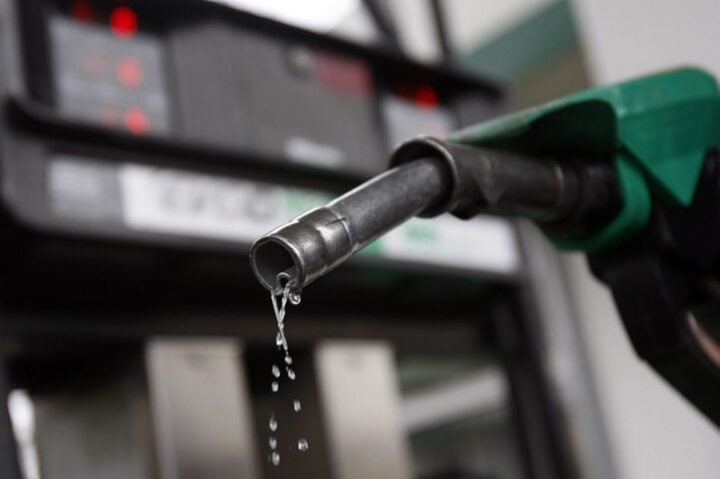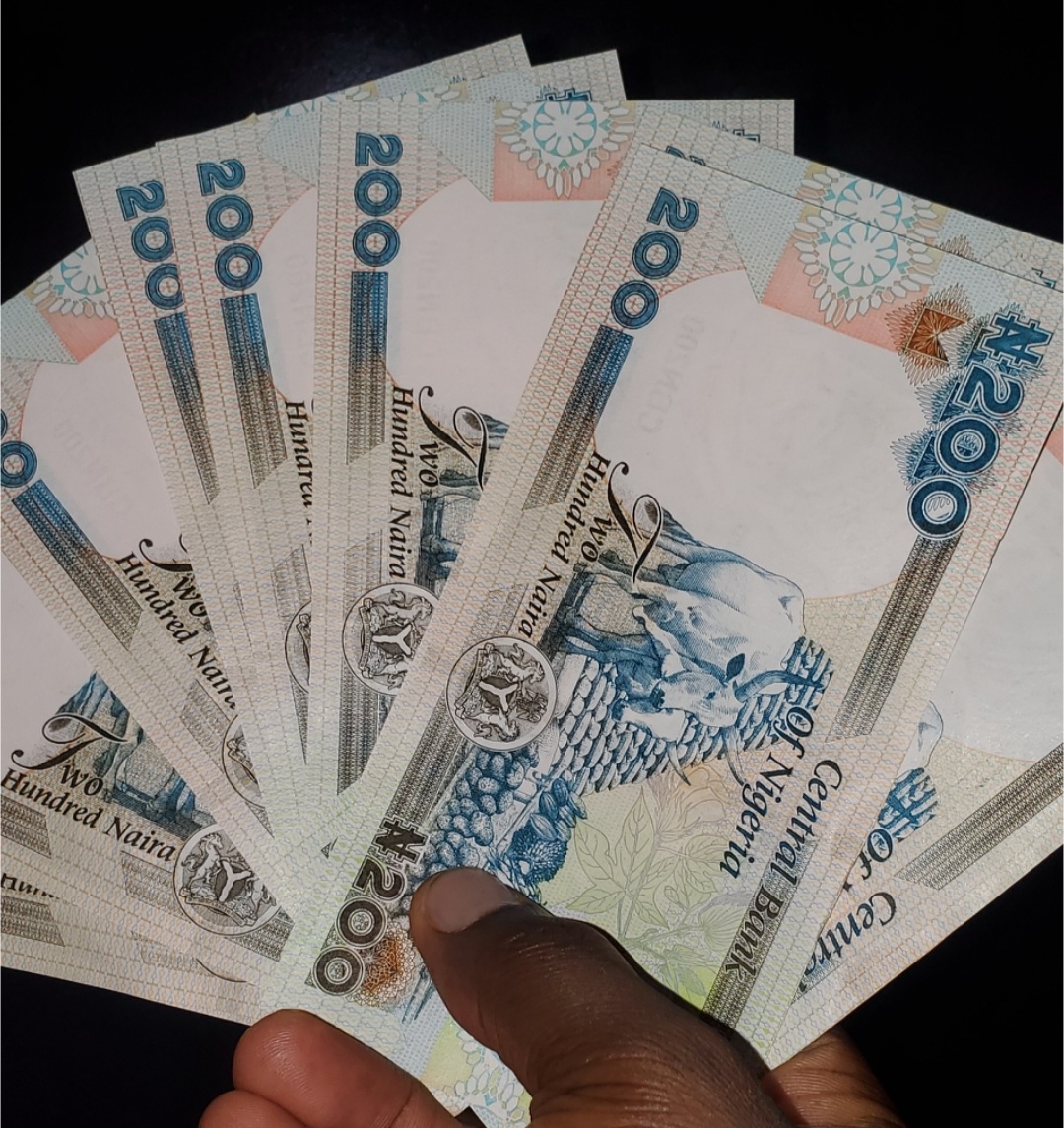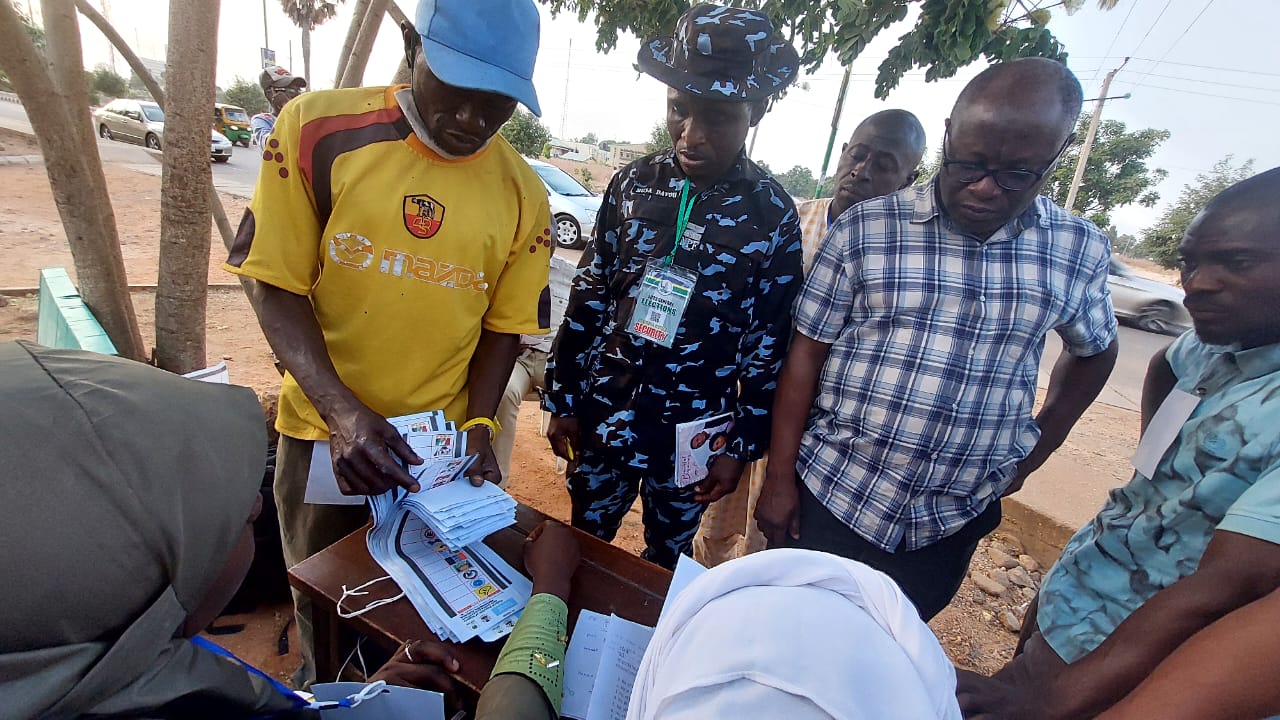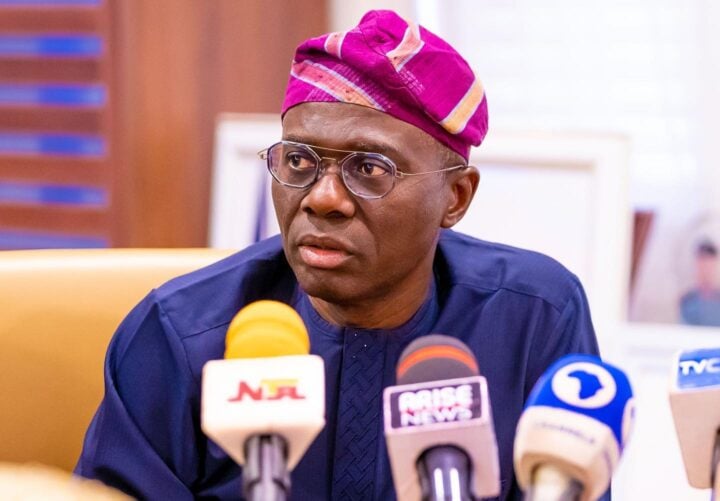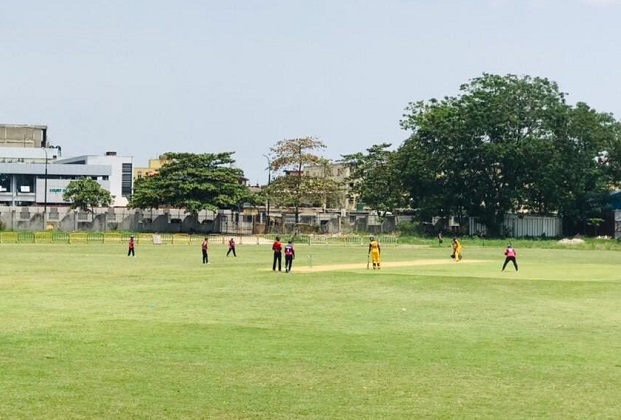The Nigeria Labour Congress (NLC) has issued a seven-day ultimatum to the federal government to end the petrol and cash scarcity being experienced in the country.
Joe Ajaero, NLC’s president, issued the ultimatum on Monday in Abuja, during the opening session of the union’s central working committee (CWC) meeting.
Two weeks ago, the supreme court had invalidated the naira redesign policy introduced by the Central Bank of Nigeria (CBN), over a defective timing and implementation.
A seven-member panel of the apex court held that the old N200, N500 and N1000 notes remain legal tender until December 31, 2023.
Advertisement
TheCable had reported that following the court order, some banks have started dispensing old notes to customers (over the counter and automated teller machines).
However, some Nigerians are refusing to use the old notes for transactions as they await an official announcement from the federal government and CBN on the next course of action.
Speaking at the meeting, Ajaero expressed concerns over the situation Nigerians were in as a result of the naira redesign policy of the Central Bank of Nigeria (CBN).
Advertisement
He warned that if nothing was done to improve the situation by the end of the seven-day period, workers would be directed to stay away from work.
“On this issue of fuel scarcity and cash crunch, congress wishes to inform the federal government that we will no longer keep quiet,” he said.
“NLC is giving the CBN and the FG seven working days, if they fail to do the needful at the expiration of the seven days, all workers in Nigeria should stay at home.”
Last week, oil marketers said some parts of the country may face petrol scarcity until after the upcoming gubernatorial and state assembly elections due to restriction of movement.
Advertisement
Following the presidential and national assembly elections, queues for petrol have resurfaced in parts of Abuja and other northern states.
The Nigerian Midstream and Downstream Petroleum Regulatory Authority (NMDPRA) had said the scarcity was caused by the restriction of movements during the recently concluded presidential elections.
Add a comment
